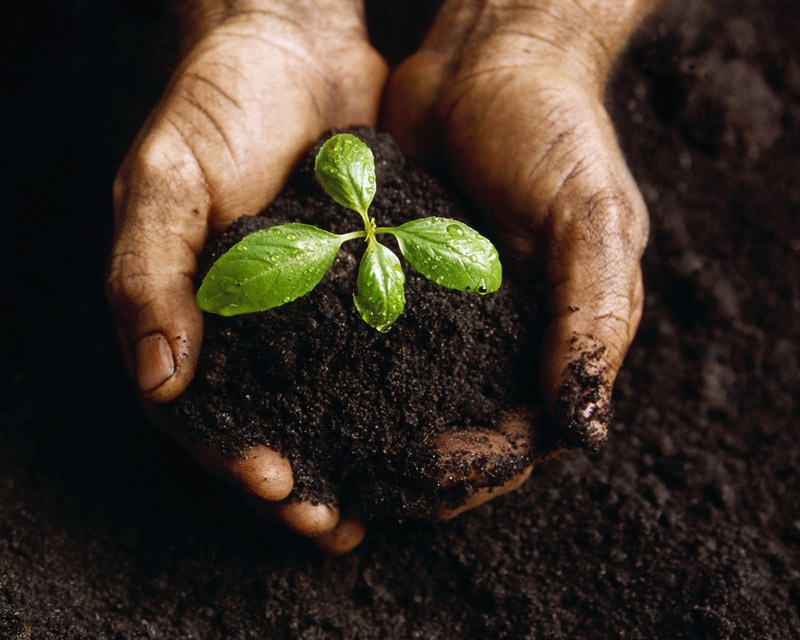Soil reduces greenhouse gas emissions: Study
LONDON: The earth’s soil stores a lot of carbon from the atmosphere, which can play an important role in reducing greenhouse gas emissions and curbing global warming, suggests new research.
The findings showed that earth’s soil could store an extra eight billion tonnes of greenhouse gases underground as stable organic matter — from the 2.4 trillion tonnes of greenhouse gases revealed in the previous researches — to limit the impact of climate change.
Adopting the latest technologies and sustainable land use practices on a global scale could store more emissions in farmland and natural wild spaces, the study suggests.
Also, growing crops with deeper root systems, using charcoal-based composts and applying sustainable agriculture practices could help soils retain the equivalent of around four-fifths of annual emissions released by the burning of fossil fuels and ultimately curb rising global warming, the researchers said.
“In the fight to avoid dangerous climate change in the 21st Century we need heavyweight allies. One of the most powerful is right beneath our feet. Soils are already huge stores of carbon and improved management can make them even bigger,” said Dave Reay, professor at the University of Edinburgh in Britain.
Soils have been overlooked, as the large carbon stocks they contain are not evident, whereas trees are seen growing and getting bigger.
“After International Year of Soils in 2015 and the French government’s initiative to increase soil carbon stocks to tackle climate change agreed at Paris climate summit in 2015, soils are now on the climate change agenda,” noted Pete Smith, professor at the University of Aberdeen in Britain.
The study, published in the journal Nature, suggests coordinated efforts involving scientists, policymakers and land users achieve an increase in soil storage of greenhouse gases.






